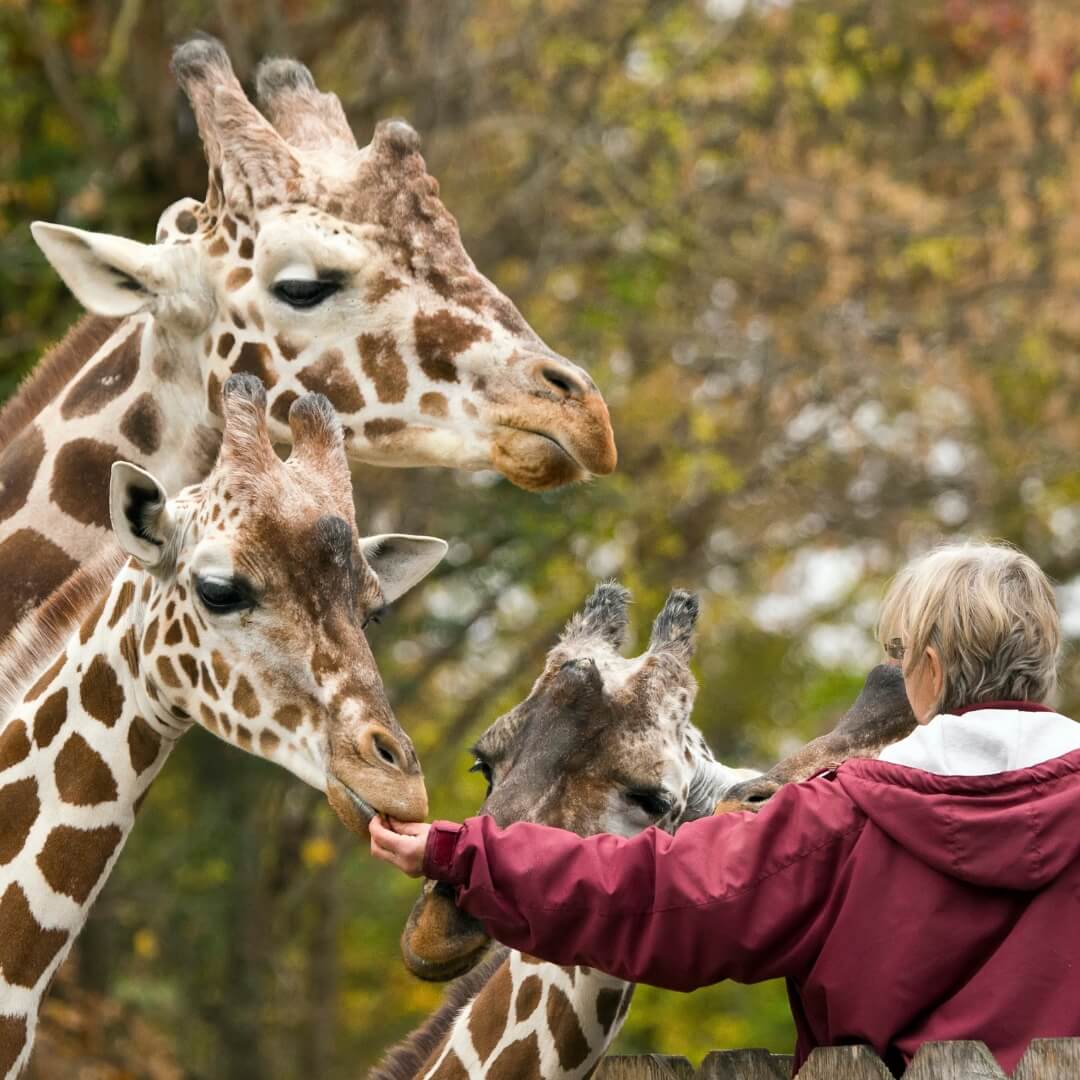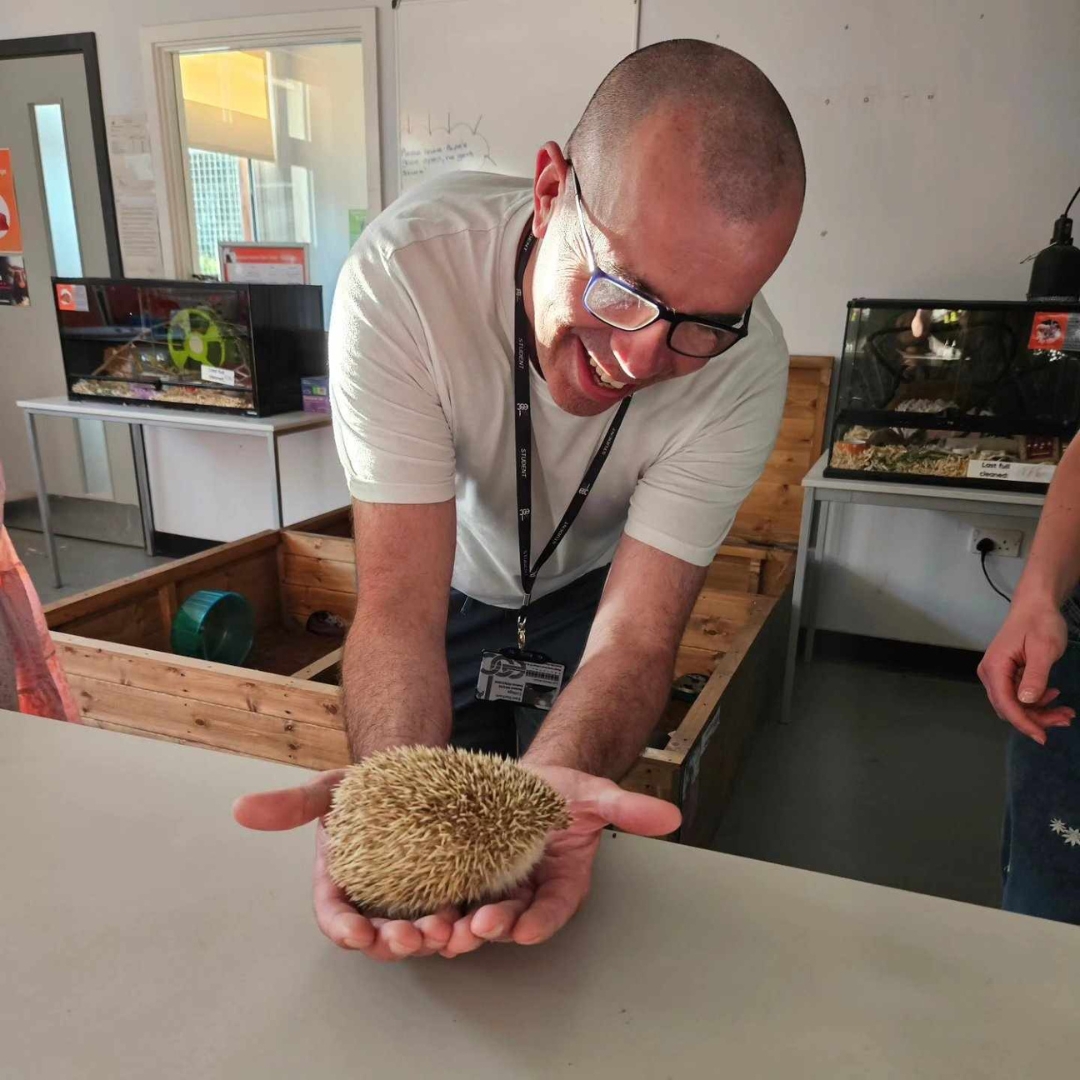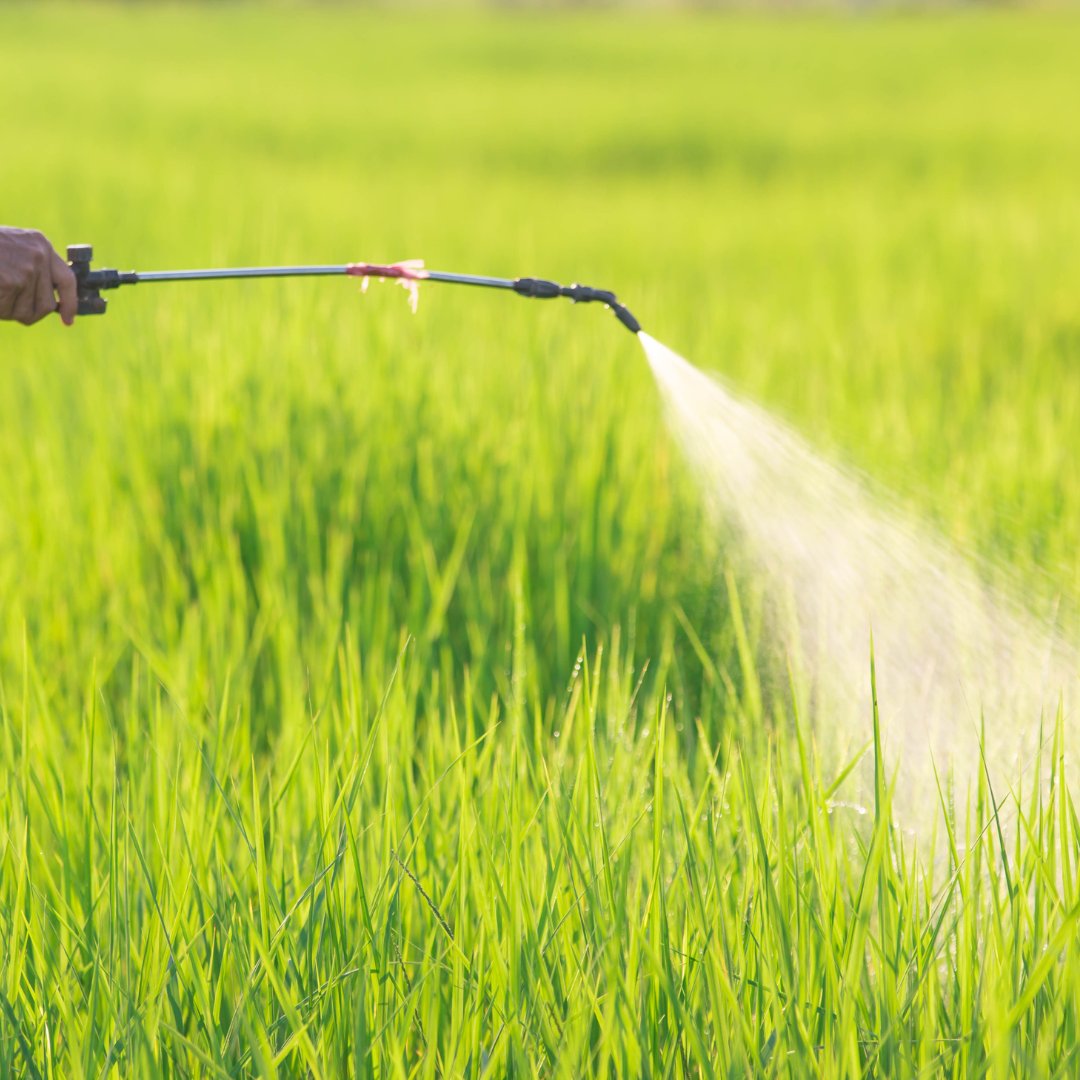BTEC Level 3 National Foundation Diploma in Animal Management 2026-28
-
2026-2027
-
16 to 18
-
Adult Learner
-
Full Time
-
Vocational
Level 1 Diploma in Land-based Studies (Animal Care) 2026-27
-
2026-2027
-
16 to 18
-
Adult Learner
-
Full Time
-
Vocational
Level 2 Technical Certificate in Animal Care 2026-27
-
2026-2027
-
16 to 18
-
Adult Learner
-
Full Time
-
Vocational
Level 4-5 Animal Management Foundation Degree (FdSc) 2026-27
-
2026-2027
-
Adult Learner
-
Full Time
-
Higher Education
T Level in Animal Management and Science 2026-28
-
2026-2027
-
16 to 18
-
Full Time
-
T Level
AIM Qualifications Level 3 Access to HE Diploma (Veterinary Science)
-
2026-2027
-
Adult Learner
-
Part Time
-
Higher Education
C&G Level 1 Award in Land-based Studies - Introduction to Animal Care 2025-26
-
2025-2026
-
Adult Learner
-
Part Time
-
Vocational
C&G Level 1 Award in Land-based Studies - Intro to Gardening
-
2026-2027
-
Adult Learner
-
Part Time
-
Vocational
College Certificate in Certificate of Competence in the Safe Use of Ride-on Mowers 2025-26
-
2025-2026
-
Adult Learner
-
Part Time
-
Vocational
College Certificate in Certificate of Competence in the Safe Use of Mowers (Pedestrian Controlled) 2025-26
-
2025-2026
-
Adult Learner
-
Part Time
-
Vocational
Level 1 Certificate in Land-based Studies - Introduction to Gardening
-
2025-2026
-
Adult Learner
-
Part Time
-
Vocational
Level 2 Animal Behaviour and Welfare (City & Guilds)
-
2025-2026
-
Adult Learner
-
Part Time
-
Vocational
Level 2 Award in the Safe Application of Pesticides using Pedestrian Hand Held Equipment - Application Near Water (PA6AW) 2025-26
-
2025-2026
-
Adult Learner
-
Part Time
-
Vocational
Level 2 Award in the Safe Application of Pesticides using Pedestrian Hand Held Equipment (PA6) 2025-26
-
2025-2026
-
Adult Learner
-
Part Time
-
Vocational















